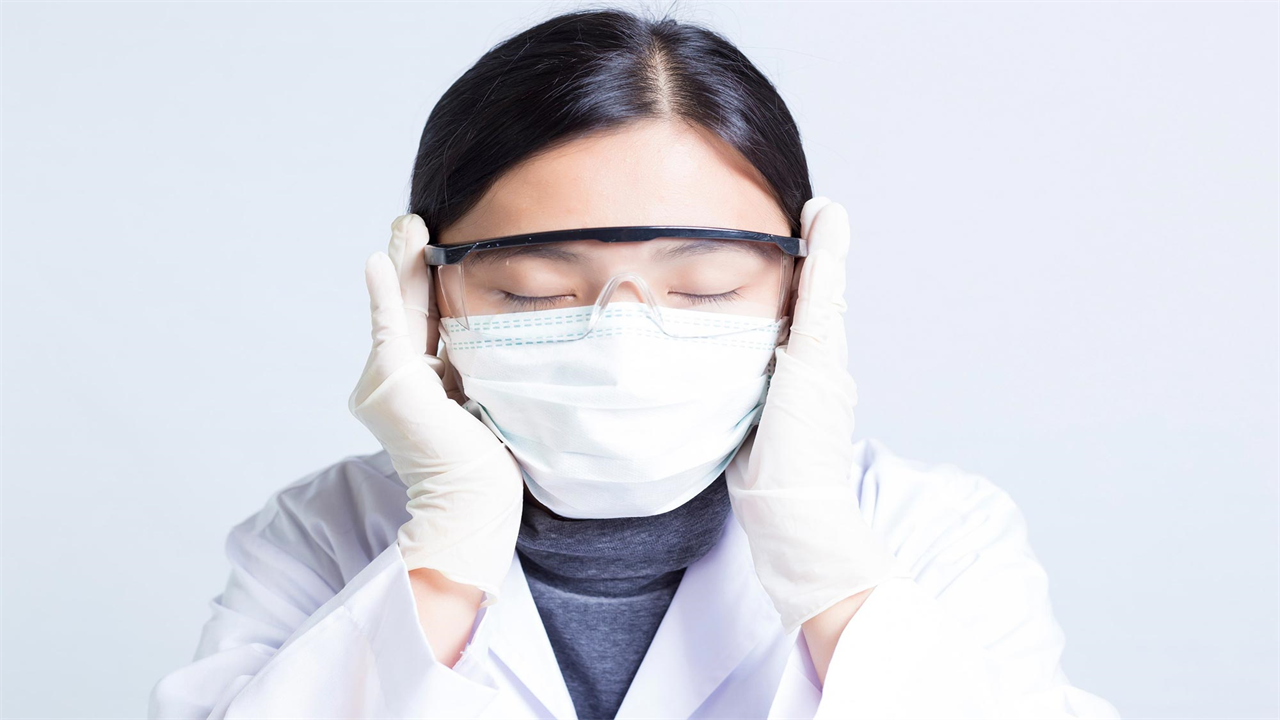COVID-19 Pandemic’s Effect on Scientists May Be Long Lasting – Dramatic Decline in New Projects
0 View
Share this Video
- Publish Date:
- 26 October, 2021
- Category:
- Covid
- Video License
- Standard License
- Imported From:
- Youtube
Tags

While productivity has largely recovered, new project start-ups have declined dramatically.
More than a year and a half after the start of the COVID-19 pandemic, the scientific community is still feeling the effects of the massively disruptive event — and could be for many years to come.
A new Northwestern University-led study found that while researchers’ productivity levels have largely returned to pre-pandemic heights, scientists who did not conduct COVID-19-related research started 36% fewer new projects in 2020 compared to 2019. dramatic drop in new projects suggest the impact of the pandemic on science may last longer than widely believed.
“At first glance, it seems that researchers are just as productive as they used to be,” said Northwestern’s Dashun Wang, who led the study. “But instead of generating new directions, they are working on established topics, writing existing research, reviving legacy projects, or revisiting old data. We found that this was the case in many scientific disciplines – no sector was immune to the reduced number of projects.
The researchers also found that the decline in the pursuit of new projects is particularly pronounced for women and caregivers of young children, potentially exacerbating the already uneven effects of the pandemic on these groups.
The study is published today (Oct. 26, 2021) in the journal Nature Communications.
Wang is a professor of management and organizations at the Kellogg School of Management and industrial engineering and management sciences at the McCormick School of Engineering. He is also director of the Center for Science of Science Innovation and a core member of the Northwestern Institute for Complex Systems.
‘Impact may not manifest itself for years’
The current study builds on Wang’s work from April 2020, in which he surveyed about 4,500 scientists in the United States and Europe about their productivity levels. The research, published in Nature Human Behavior in July 2020, found that scientists, such as biologists and chemists, who depended on labs for their research had a more drastic reduction in the number of research hours worked than scientists in areas that are less equipment-intensive, such as mathematics, statistics and economics. In addition, researchers with children five years or younger experienced a 17% greater reduction in research hours than researchers in similar fields but without young children.
With vaccine development in full swing and the end of the pandemic possibly in sight, Wang and his team revisited the work in January 2021. They surveyed nearly 7,000 principal investigators in the United States and Europe and analyzed the Dimensions database, the world’s largest research information dataset.
In the new survey, Wang and his team asked the same questions about productivity and new questions about overall research activity and output, including the number of new research publications, new submissions, new collaborations and new research projects started before and during the pandemic.
While researchers pursuing COVID-19-related work started about the same number of new projects in 2019 as they did in 2020, researchers pursuing non-COVID-19-related work experienced a significant decline. These researchers indicated that they typically initiate about three new projects per year, which dropped to two new projects in 2020. The percentage of new co-authorships for non-COVID-19 papers also decreased by 5%.
“During the early phase of the pandemic, scientists reported a sharp drop in time spent on research,” Wang said. “These productivity levels have recovered, indicating some optimism. However, given the long gestation period for new research ideas to mature and be published, the decline in new projects suggests that the impact of the pandemic may not manifest itself in the publication record for years.”
Personal interactions lead to new ideas
Wang believes this work emphasizes the importance of personal interactions and collaborations, which are often important channels for new ideas. He said the results could contribute to ongoing policy discussions aimed at encouraging social interactions, facilitating new collaborations and resuming personal activities.
“As a researcher, I often meet new collaborators at conferences and dinners,” Wang said. “I generate new ideas during coffee conversations, where I come up with ideas with colleagues. Those interactions were not nearly as common during the pandemic.”
But even as campuses and labs reopen, Wang warns that life will remain difficult for researchers with young children. While many institutions have implemented policies such as tenure extensions at the start of the pandemic to help parents and carers, parents with young children still need support. Until children can be vaccinated, parents generally remain cautious — often refraining from travel and personal events — to protect their children.
“Many institutions are evaluating short-term data to inform their reopening policies,” Wang said. “Yet these short-term statistics may mask the long-term effects of the pandemic. Children under 12 are still ineligible for vaccines, further affecting scientists with young children. At the same time, our findings also suggest that short-term investments, such as childcare benefits, may yield long-term benefits.”
Reference: “Potential Long-Term Effects of the Pandemic on Scientists” Oct 26, 2021, Nature Communications.
DOI: 10.1038/s41467-021-26428-z
The study, “Potential Long-Term Effects of the Pandemic on Scientists,” was supported by the Air Force Office of Scientific Research (distinguishing number FA9550-19-1-0354), National Science Foundation (distinguishing number SBE 1829344), Alfred P Sloan Foundation G- 2019-12485 and G-2020-13873), Peter G. Peterson Foundation and the Harvard Business School Division of Faculty Research and Development.










